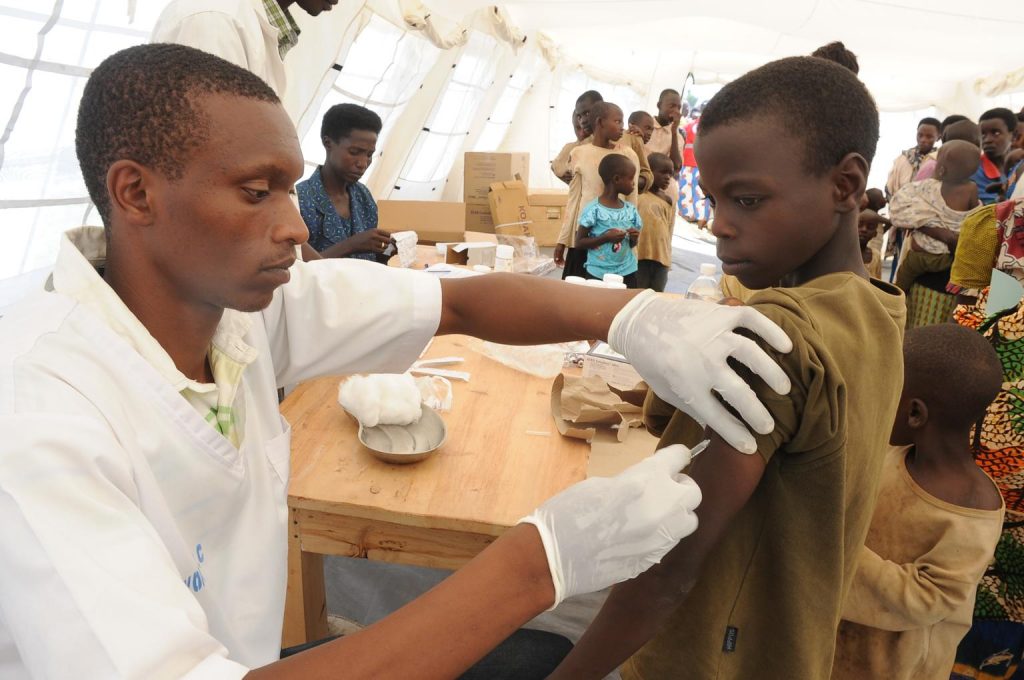The index case of the Ebola virus disease epidemic in West Africa is believed to have originated in Guinea. By June 2014, Guinea, Liberia, and Sierra Leone were in the midst of a full-blown and complex global health emergency. The devastating effects of this Ebola epidemic in West Africa put the global health response in acute focus for urgent international interventions. Accordingly, in October 2014, a World Health Organization high-level meeting endorsed the concept of a phase 2/3 clinical trial in Liberia to study Ebola vaccines.
As a follow-up to the global response, in November 2014, the Government of Liberia and the US Government signed an agreement to form a research partnership to investigate Ebola and to assess intervention strategies for treating, controlling, and preventing the disease in Liberia. This agreement led to the establishment of the Joint Liberia-US Partnership for Research on Ebola Virus in Liberia as the beginning of a long-term collaborative partnership in clinical research between the two countries. In this article, we discuss the methodology and related challenges associated with the implementation of the Ebola vaccines clinical trial, based on a double-blinded randomized controlled trial, in Liberia.



